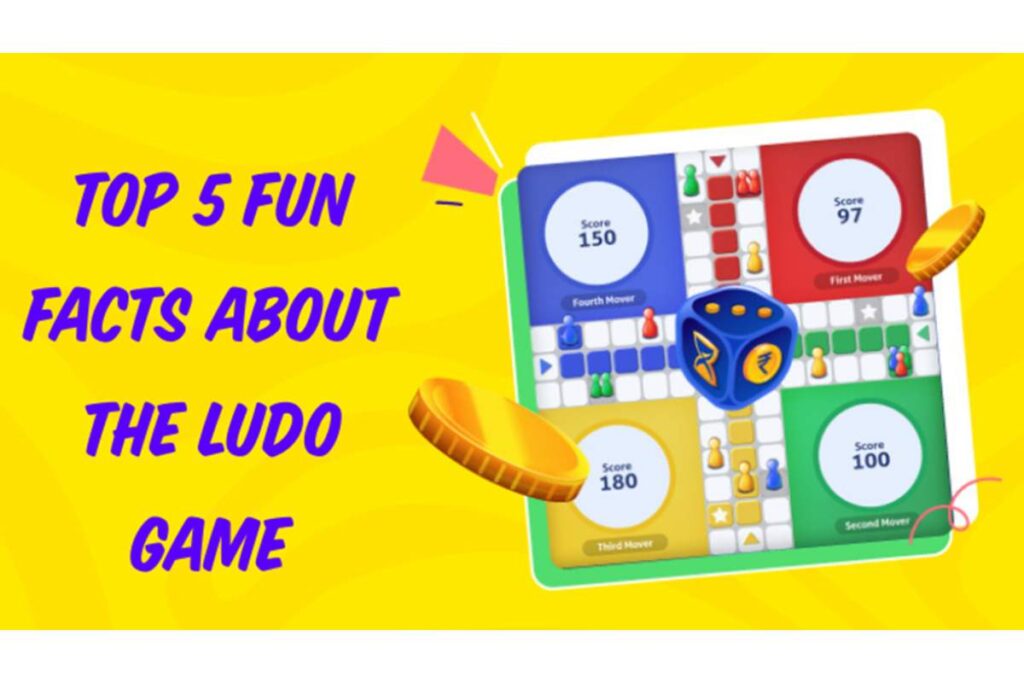We all have memories tied to Ludo—arguments over token cuts, last-minute wins, or teaming up with cousins during holidays. But did you know this familiar game has some truly surprising stories behind it? From ancient origins to modern-day twists, Ludo has travelled through time, cultures, and even empires.
Now, thanks to mobile stages like Zupee, Ludo isn’t just about homesickness, it’s a game that continues to remains. With unique formats that focus on strategy over chance, players can enjoy quick, fair matches with real opponents. Before we dive into those fun facts, let’s take a moment to look at how this age-old consumes has more layers than most people realise.
Ludo’s Indian Roots
Ludo started in India and is based on the ancient game called Pachisi. This version of the game has been around for centuries and was played by kings and nobles for entertainment. The modern version of Ludo, the one we know today with the square board and coloured tokens, was patented in England in 1896. But no matter where it got its official look from, its soul has always been Indian.
Ludo Was Once a Royal Game
It’s true—Pachisi, the game that inspired Ludo, was once played by Indian royalty. Emperor Akbar famously had a life-sized Pachisi board built in his palace courtyard, where people acted as game pieces. It was more than just a pastime—it was used to display strategy, test intelligence, and entertain guests in a grand style. This royal connection shows just how important the game was in India’s cultural history.
Ludo Has Different Variations Around the World
Ludo is played in so many countries, but with different names and styles. In the USA, it’s called Parcheesi. In Germany, people know it as Mensch ärgere Dich nicht (which means “Don’t get annoyed!”). Even though the rules may differ a little, the fun and excitement remain the same. That just shows how loved and universal the game really is.
Ludo and Strategy
Many people think Ludo is all about luck. But here’s a secret—those who win consistently usually have a strategy. Whether it’s knowing which token to move first, creating blocks, or deciding when to cut an opponent’s token, every decision matters. On platforms like Zupee, your strategy becomes your power. Since the dice rolls are fair and random (RNG-certified), smart moves can truly make the difference.
Ludo’s Influence in Modern Times
Ludo has come a long way—from being played on cloth boards with cowrie shells to now being one of the most loved mobile games. It even made its way into Bollywood with the movie Ludo, which used the game as a symbol of life’s unpredictability and choices. With platforms like Zupee, Ludo is now more than just a pursuit—it’s a game of quick thinking and fun, played by millions across the country every day.
Conclusion
Ludo may modest like a simple game, but it’s educational with history, strategy, and faultless relevance. appeal ancient kings to mobile gamers today, its charm hasn’t faded one bit. And thanks to Zupee, playing Ludo has become faster. More exciting, and skill-based—perfect for anyone looking for real-time challenges with real players. So next time you open the board (or the app), remember—you’re not just playing a game, you’re part of a legacy. Let the tokens roll.

